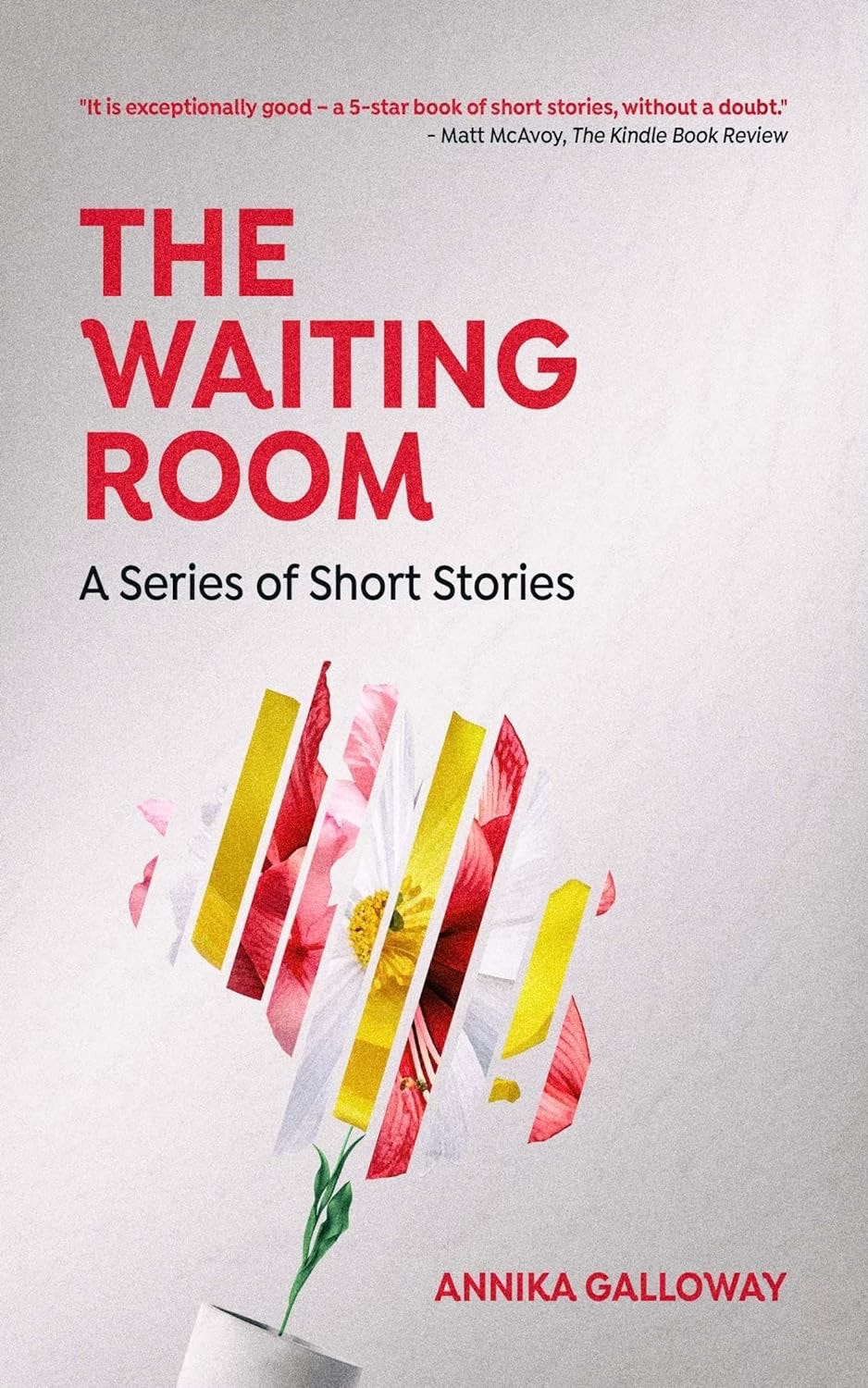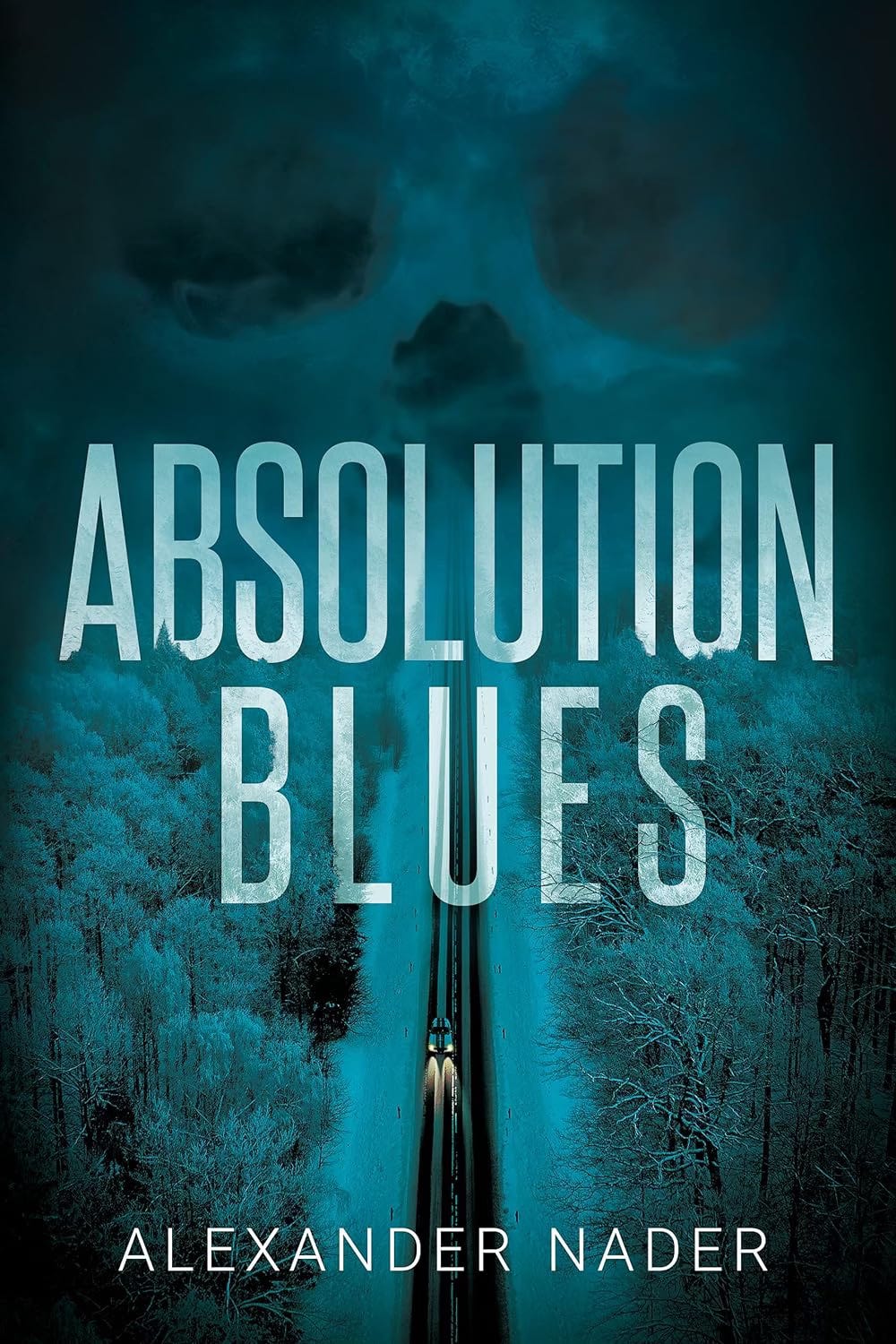Want to Make The World A Better Place? Read some fiction
My first job out of law school was in the South Bronx. I shared my first office with about thirty people, my phone with six and my desk with 3. The desk itself what an ancient, gray metal behemoth with drawers that didn’t open. Some days, I worked from 6 am to 2 pm. Others, I worked from 6 pm to 2 am. Sometimes, when I was on duty, I worked all night. Once, I was up for 48 hours straight. The pay was absolute shit.
It was the best job of my life.
Why? Purpose and camaraderie.
I was at The Bronx District Attorney’s Office. I was only twenty-five years old. I was doing something meaningful with people who cared. I got to know people I otherwise would never have had a chance to interact with. I learned about experiences I otherwise would never have learned about. It changed my entire perspective.
One of the more shocking things I learned at the DA’s Office is that empathy is not necessarily natural to humans. Some people don’t develop it until their twenties, some never at all.
According to Psychology Today:
“Empathy is the ability to recognize, understand, and share the thoughts and feelings of another person, animal, or fictional character. Developing empathy is crucial for establishing relationships and behaving compassionately. It involves experiencing another person’s point of view, rather than just one’s own, and enables prosocial or helping behaviors that come from within, rather than being forced.”
We no longer have the same ability to “walk in each other’s shoes” as we used to. Multiple studies show that empathy is on an alarming decline and there are many reasons why. Our toxic politics, social media, decline in social interaction, the removal of empathy curriculum from early education…the fact that fewer children have siblings (This Washington Post Article is a nice summary). A 2009 study of 14,000 college students concluded that “people’s feelings of sympathy for the misfortunes of others, declined by 48 percent between 1979 and 2009.” It has only gotten worse since then, especially as COVID took away our ability to hug, to see each other’s faces and to interact and we have not regained what we lost during that period. In fact, some permanent changes that resulted from COVID, such as more devices in school and more remote work, have lessened our ability to form personal bonds.
The good news is that we can learn empathy—we can regain what we’ve lost. We can become kinder again and, more importantly, we can teach those lessons to our children. Fortunately, it’s not that hard.
It starts with in-person interaction.
If you can go back to the office, go. Remote work is a lovely thing, but working remotely all of the time isolates us. We never get to know our co-workers on a personal level. We lose the opportunity to develop life-long bonds and friendships. Some of the best people I’ve met, many of my closest friends, are people I met at work. Trust me, go to the office, have lunch with your colleagues…you’ll be so much happier.
If you don’t have that option, find another community where you can interact with people face to face. This past weekend, I was at Arisia, a science fiction and fantasy convention. I joined a new organization called “Broad Universe” and met the most wonderful, collaborative and friendly group of fellow authors. Yes…be a joiner…pick something positive, happy and non-political.
And if you want to build empathy while you are home alone, get off social media and read a book. Really.
In her NYT Opinion Piece “The Trouble With Empathy,” Molly Worthen said:
“This is the gift of liberal education: the invitation to read a book and think about both the variety and the common threads of human experience across time, space and culture.”
Books open up new worlds and help us understand narratives other than our own. An NIH study on the topic concluded that “transportation into fictional narratives influence empathy over time.” The book world is richest, and we are richer as a society, when we make space for other experiences and voices, even ones (or maybe especially ones) that we don’t agree with. Read about other people. Read things that you don’t agree with. Join a book club and talk about it. In his opinion piece about What Books Are Really Getting Banned, the article summarizes the discovery that our issue is not so much about banned books, “It’s that kids are often exposed to only one side of the story.” The article concludes that:
“At a time of profound national division, the skill of appreciating and understanding the other side, even if you vehemently disagree, is more important than ever.”
And if the world feels like too much lately—if you are feeling “empathy fatigue,” Adam Grant suggests trying compassion instead. He offers:
“When we can’t make people feel better, we can still make a difference by making them feel seen. And in my research, I’ve found that being helpful has a secondary benefit: It’s an antidote to feeling helpless.” (Empathy is Exhausting).
And if you are a parent, put away the devices, sit down with your kid and read a paper book together.
None of these suggestions will solve the problems of the world, but they can start to make it, and your life, a better place, and start to bring back compassion and empathy.
Other Articles I Enjoyed On this Topic
What I Read to My Son When the World Is on Fire
I Don’t Have to Post About My Outrage. Neither Do You.
That Numbness You’re Feeling? There’s a Word for It.
Why Books Are Really Getting Banned
The Fight for the Future of Publishing
How Reading Fiction Increases Empathy and Encourages Understanding
And I particularly felt this NYT predictions for 2024 that GenX will give up social media.
Gen X and older millennials who grew up without the internet will cease their nostalgic rhapsodizing about life before cellphones, when people read books on the subway and talked to strangers while waiting in line and made plans that they couldn’t cancel via text. They’ll start abandoning social media and recommitting to being charming and witty and interesting in real life with real people in real spaces. — Melissa Kirsch, deputy editor, Culture and Lifestyle
You feelin’ it?
Books With Empathy: Indie Spotlight
I loved this little book of short stories about different people in a hospital waiting room by Annika Galloway. I was honored to be an ARC reader for THE WAITING ROOM and that Annika asked me to endorse it, which I was happy to do.
Each short story is the tale of a different person in a hospital waiting room and their individual experience. These are interesting and empathetic tales with surprising perspectives and twists. This was a unique, well-written and through-provoking book.
I've been loving the little “Authors In My Head Support Group” TikToks by Alex Nader. I know I just said to get off of social media, but if you must, Alex’s bits are clever and refreshing. Alex is one of my favorite authors and one of the few writers who can get me to read a horror novel (I’m such a coward). His Absolution Blues may just be about how empathy can get you killed…by a dead guy.





Love this, Sarena. Very well articulated, and I appreciated and enjoyed a lot of the articles you linked to as well.
Great article. Heartfelt and sensitive. Smart. In a world growing harsher this is a necessary voice.